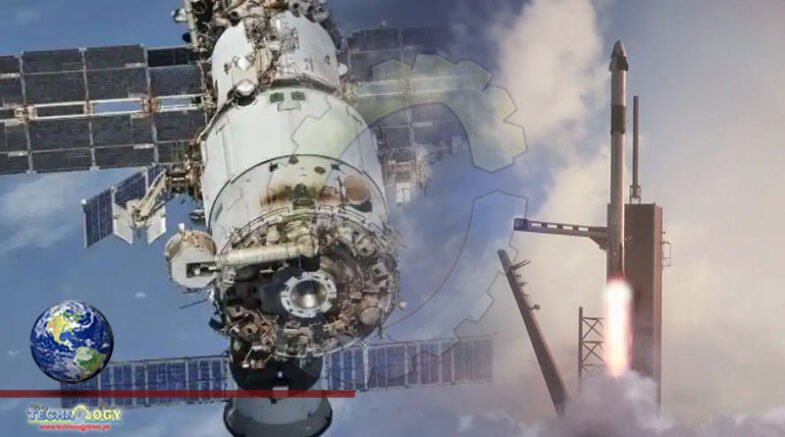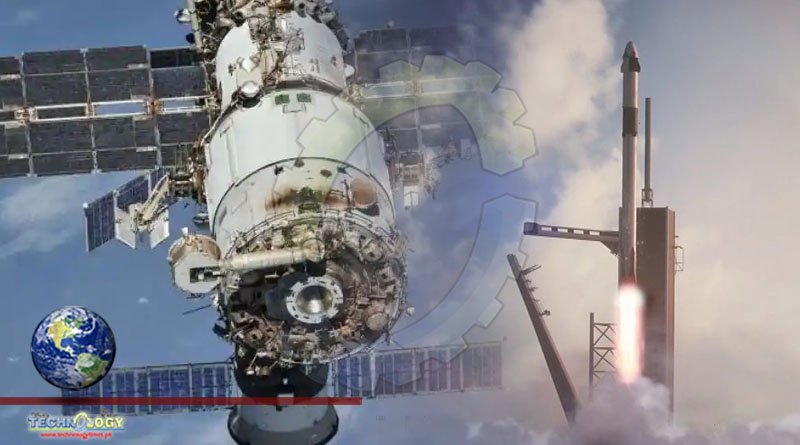Vladimir Solovyov, chief engineer of the Energia rocket and space corporation, “Around 80 percent of the inflight systems on Russia’s segment have reached the end of their service period.”

The segment of the International Space Station belonging to Russia is facing “irreparable failures” due to out-of-date hardware.
According to Vladimir Solovyov, chief engineer of the Energia rocket and space corporation, “Around 80 percent of the inflight systems on Russia’s segment have reached the end of their service period.”
The International Space Station (ISS) could suffer “irreparable” failures due to outdated equipment and hardware, a Russian official has warned.
At least 80 percent of in-flight systems on the Russian segment of the ISS had passed their expiry date, Vladimir Solovyov told state media.
He also said small cracks had been discovered that could worsen over time.
Russia has often raised concerns over hardware and has suggested it could leave the ISS after 2025.
The station was built in 1998 as part of a joint project between Russia, America, Canada, Japan and several European countries and was originally designed for a 15-year lifespan.
Mr Solovyov, the chief engineer at the space company Energia, which is the leading developer of Russia’s section of the ISS, said: “Literally a day after the [in-flight] systems are fully exhausted, irreparable failures may begin.”
He warned last year that much of the equipment on the station was starting to age and would soon need to be replaced.
The former cosmonaut also announced that “superficial” cracks had been discovered on Russia’s Zarya cargo module. Launched in 1998, it is one of the oldest modules of the ISS and is now primarily used for storage.
“This is bad and suggests that the fissures will begin to spread over time,” Mr Solovyov told the RIA news agency.
In April, Russia’s Deputy Prime Minister Yuri Borisov told state TV that aging metal on the station could “lead to irreversible consequences – to catastrophe. We mustn’t let that happen”.
And Roscosmos, the Russian space agency, said last year that structural fatigue meant the ISS would not be capable of operating beyond 2030.
What’s it like to live on the ISS?
Russia’s space programme has been hit by a series of budget cuts and corruption scandals in recent years. Its section of the ISS has also faced a string of problems.
In July, a malfunction caused the jet thrusters on the country’s Nauka research model to fire without warning, destabilising the ISS.
Its Zvezda service module, which provides living quarters for ISS crew members, has also experienced several air leaks since 2019.
Despite these setbacks, the country’s space agency has promised a series of ambitious ventures, including a mission to Venus, the creation of a rocket capable of making round trips into space and a mission to the Moon’s surface next year.
Source BBC
